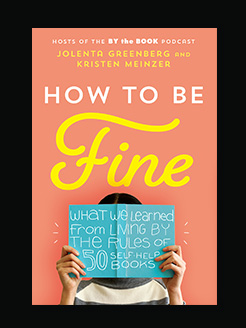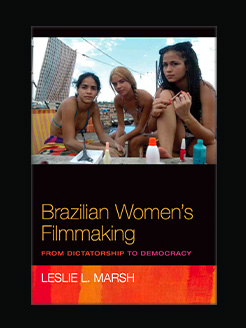Published in 2018
248 pages
Christine Caldwell, Ph.D., BC-DMT, LPC, NCC, ACS, is the founder of and professor emeritus in the Somatic Counseling Program at Naropa University in Boulder, CO, USA, where she taught coursework in somatic counseling theory and skills, clinical neuroscience, research, and diversity issues. Her work began thirty five years ago with studies in anthropology, dance therapy, bodywork and Gestalt therapy, and has developed into innovations in the field of body-centered psychotherapy. She calls her work the Moving Cycle. This system goes beyond the limitations of therapy and emphasizes lifelong personal and social evolution through trusting and following body states. The Moving Cycle spotlights natural play, early physical imprinting, and the transformational effect of fully sequenced movement processes. She has taught at the University of Maryland, George Washington University, Concordia, Seoul Women’s University, Southwestern College, Pacifica, and Santa Barbara Graduate Institute, and trains, teaches and lectures internationally. She has published over 30 articles and chapters, and her books include Getting Our Bodies Back, and Getting In Touch. More recently, she had two books published in 2018, The Body and Oppression, and Bodyfulness.
What is this book about?
A timely anthology that explores power, privilege, and oppression and their relationship to marginalized bodies.
Asserting that the body is the main site of oppression in Western society, the contributors to this pioneering volume explore the complex issue of embodiment and how it relates to social inclusion and marginalization. In a culture where bodies of people who are brown, black, female, transgender, disabled, fat, or queer are often shamed, sexualized, ignored, and oppressed, what does it mean to live in a marginalized body? Through theory, personal narrative, and artistic expression, this anthology explores how power, privilege, oppression, and attempted disembodiment play out on the bodies of disparaged individuals and what happens when the body’s expression is stereotyped and stunted. Bringing together a range of voices, this book offers strategies and practices for embodiment and activism and considers what it means to be an embodied ally to anyone experiencing bodily oppression.







